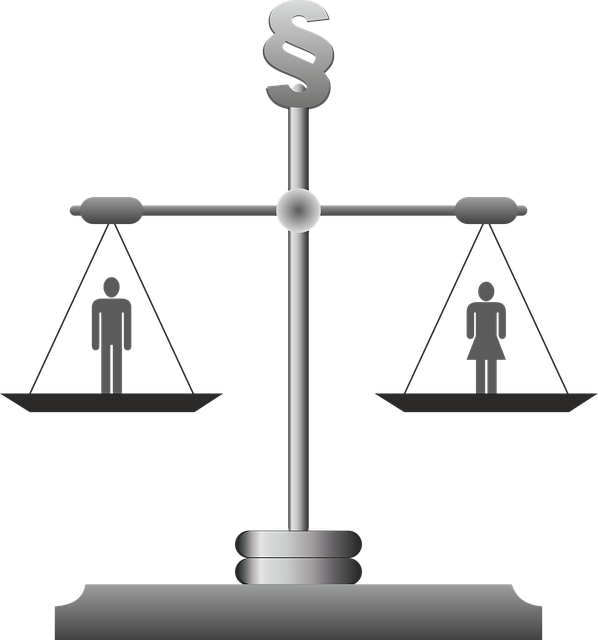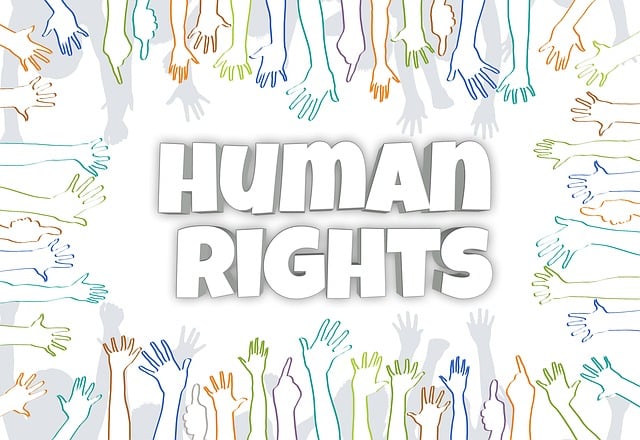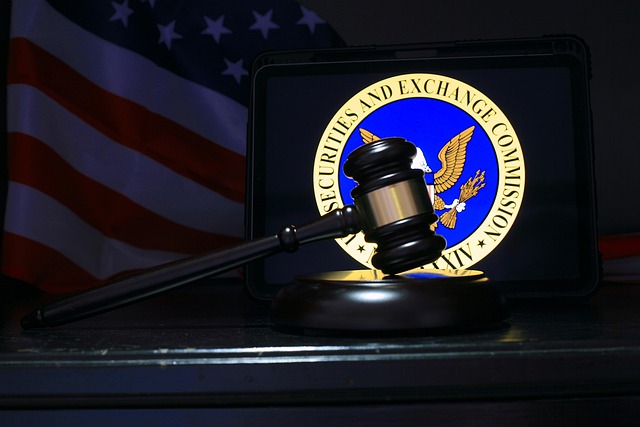Whistleblower Protection Laws (WPL) safeguard individuals exposing illegal activities within organizations, promoting accountability and transparency. These laws offer robust coverage during investigations and trials, protecting whistleblowers' reputations and ensuring justice. Balancing free speech rights with public interest disclosures is complex, especially in criminal cases where the Fifth Amendment's due process and right against self-incrimination apply. Constitutional protections like the First Amendment and specific legal measures foster a safe environment for exposing corporate or government misconduct, strengthening criminal defense strategies and encouraging ethical conduct.
Whistleblower protection lawsuits are a crucial aspect of modern legal landscapes, empowering individuals to expose fraudulent or illegal activities within organizations. This article delves into the intricate world of whistleblower protections, exploring key components such as constitutional rights and legal challenges. We examine how these laws impact criminal defense strategies, ensuring that whistleblowers’ disclosures are safeguarded while fostering a culture of ethical conduct. Understanding these protections is essential for both individuals and organizations navigating complex legal waters.
- Understanding Whistleblower Protection Laws
- Constitutional Rights in Disclosure Cases
- Navigating Legal Challenges for Whistleblowers
- Impact and Enforcement of Protections
Understanding Whistleblower Protection Laws

Whistleblower Protection Laws (WPL) are a crucial set of constitutional protections designed to safeguard individuals who expose illegal or unethical activities within their organizations. These laws play a pivotal role in ensuring that workers can report wrongdoing without fear of retaliation, fostering a culture of accountability and transparency. The WPL provides a robust framework for protecting whistleblowers, covering all stages of the investigative and enforcement process, from initial reporting to potential trials.
Understanding these protections is vital, especially in the context of white-collar defense. In many cases, the outcome of a whistleblower’s case can lead to complete dismissal of all charges. This not only safeguards the individual’s reputation but also ensures that justice is served by holding wrongdoers accountable without intimidating potential informants.
Constitutional Rights in Disclosure Cases
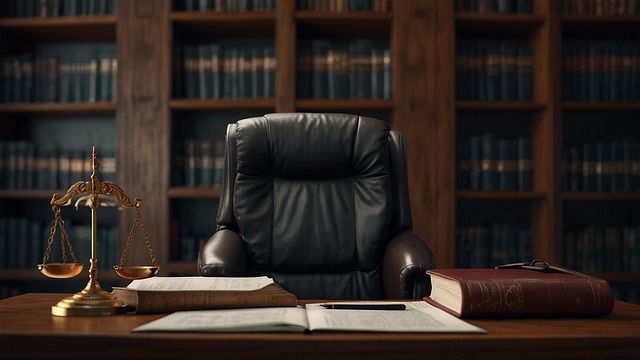
Whistleblower protection lawsuits bring to light critical issues related to constitutional rights in disclosure cases. In many instances, individuals who expose illegal activities within organizations face significant personal risks and legal challenges. The First Amendment protects free speech, ensuring whistleblowers can disclose information without fear of retaliation. However, these protections are nuanced, especially in the context of criminal investigations and prosecutions.
Constitutional protections in criminal defense play a pivotal role for whistleblowers. While the Fifth Amendment guarantees due process and the right against self-incrimination, balancing these rights with public interest disclosures is complex. In cases involving general criminal defense or white-collar crimes, courts must navigate the delicate interplay between protecting the individual’s rights and upholding the rule of law. This ensures that whistleblowers can come forward without jeopardizing their own legal standing.
Navigating Legal Challenges for Whistleblowers

Navigating Legal Challenges for Whistleblowers
Whistleblower protection lawsuits present a complex legal landscape for individuals who expose corporate or government misconduct. These plaintiffs often face significant challenges, from proving their claims to safeguarding themselves against potential backlash. In the U.S., Constitutional Protections in Criminal Defense play a crucial role in safeguarding whistleblowers’ rights. The First Amendment protects free speech, ensuring that individuals can come forward without fear of retaliation, while due process guarantees fair treatment during legal proceedings.
Moreover, federal and state laws offer additional safeguards for whistleblowers. These provisions, designed to encourage the exposure of fraudulent or illegal activities, often include mechanisms for protective orders, anonymity, and even a complete dismissal of all charges against them. This comprehensive approach ensures that corporate and individual clients alike can come forward without compromising their respective business interests or facing unjust prosecution.
Impact and Enforcement of Protections
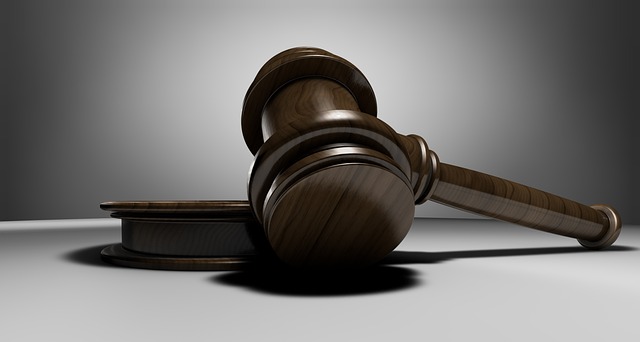
The impact of whistleblower protection laws is profound, creating a safe environment for individuals to expose illegal activities within organizations. These protections are constitutional in nature, forming a crucial pillar in criminal defense strategies. By ensuring anonymity and legal safeguards, whistleblowers are empowered to come forward with credible information, serving as a powerful tool against corruption and unethical practices.
Enforcement of these protections involves a delicate balance between preserving public interest and safeguarding the rights of both informants and organizations. Jury trials play a significant role in this process, offering impartial assessments and contributing to achieving extraordinary results. The effective enforcement of whistleblower protection laws fosters transparency, encourages ethical conduct, and strengthens the general criminal defense framework for all involved.
Whistleblower protection lawsuits play a pivotal role in upholding constitutional protections for individuals who expose unlawful activities within organizations. By understanding the nuances of whistleblower laws, their constitutional rights, and navigating potential legal challenges, these disclosures can significantly impact public safety and accountability. Effective enforcement of these protections ensures that folks are encouraged to come forward without fear, fostering a culture of transparency and revolutionizing how we address corruption and unethical practices in today’s digital era.




